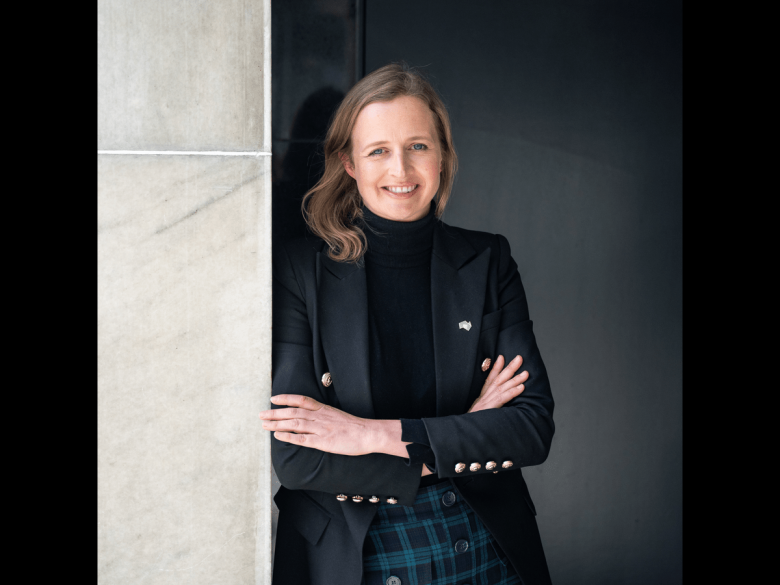In the first of a two-part story, Link speaks with the South Australian Assistant Minister for Autism, Emily Bourke, about what the state government there is doing for people with autism.
It’s been a “positive start to change” for people with autism in South Australia, according to Emily Bourke, the assistant minister in charge of driving the state’s strategy.
Bourke, who was appointed two years ago, told Link she understood how desperately the community had needed to be heard.
“Voices have been asking for change for a significant amount of time in our community, but for many years, those voices weren’t being heard. I feel that they are now, and change has started,” she said.
Creating opportunities
In particular, she pointed to the opportunities available to the autistic community through Autism Works, the state’s campaign and training program to champion autism inclusion in the workplace.
“What we want to keep doing is building knowledge, because we know we can’t make any change until we [go] back to that,” she explained.
Already, she said, private organisations are getting in touch with the state government to ask for more information on employing individuals on the spectrum, or even implementing new training within their workplaces to become more inclusive. This includes the local supermarket chain Drakes, which has implemented practices to be more sensory friendly for customers with autism, as well as training staff about what autism is.
Meanwhile, employees who are neurodivergent are now feeling more confident about being themselves at work thanks to the education their employers have received, Bourke added.
“When we make the spaces more inclusive, it’s not just having a really big social benefit; it can have a really great economic benefit for our businesses. When we make spaces more inclusive, everyone benefits,” she explained.
She added there would be further work on expanding knowledge of inclusive employment with businesses throughout the wider employer community.
Leading change from the top
South Australia’s Autism Charter is leading by example. All government departments signed up to the charter, committing to maintain their knowledge and understanding of autism to support employees and provide more opportunities within their workplaces.
The training offered to department employees by the Office for Autism is autistic-led, Bourke said. More than 900 people have received face-to-face training.
South Australia has also implemented autism inclusion teachers in public primary schools – teachers with specialist knowledge and training in autism and disability inclusion, who can help drive change and promote autistic student voices and agency within their schools.
Bourke said there had been much discussion around autism assessments as well. Earlier this year, the state government put out a tender for organisations to deliver autism assessments on school grounds for eligible children.
This was driven in part by feedback from the autism inclusion teachers who said many students, especially those from vulnerable communities, were facing barriers that locked them out of getting an assessment, she said.
It’s something that the government has never done before, but Bourke said the program would take “100 kids off that [assessment] wait list… kids that are missing far too much school, just because they don’t know how to get the right supports in their classroom, and we’re giving them an autism assessment on school sites or it could be made available to them at a local provider.”
Part two of this interview will be published in E-Link next week.

